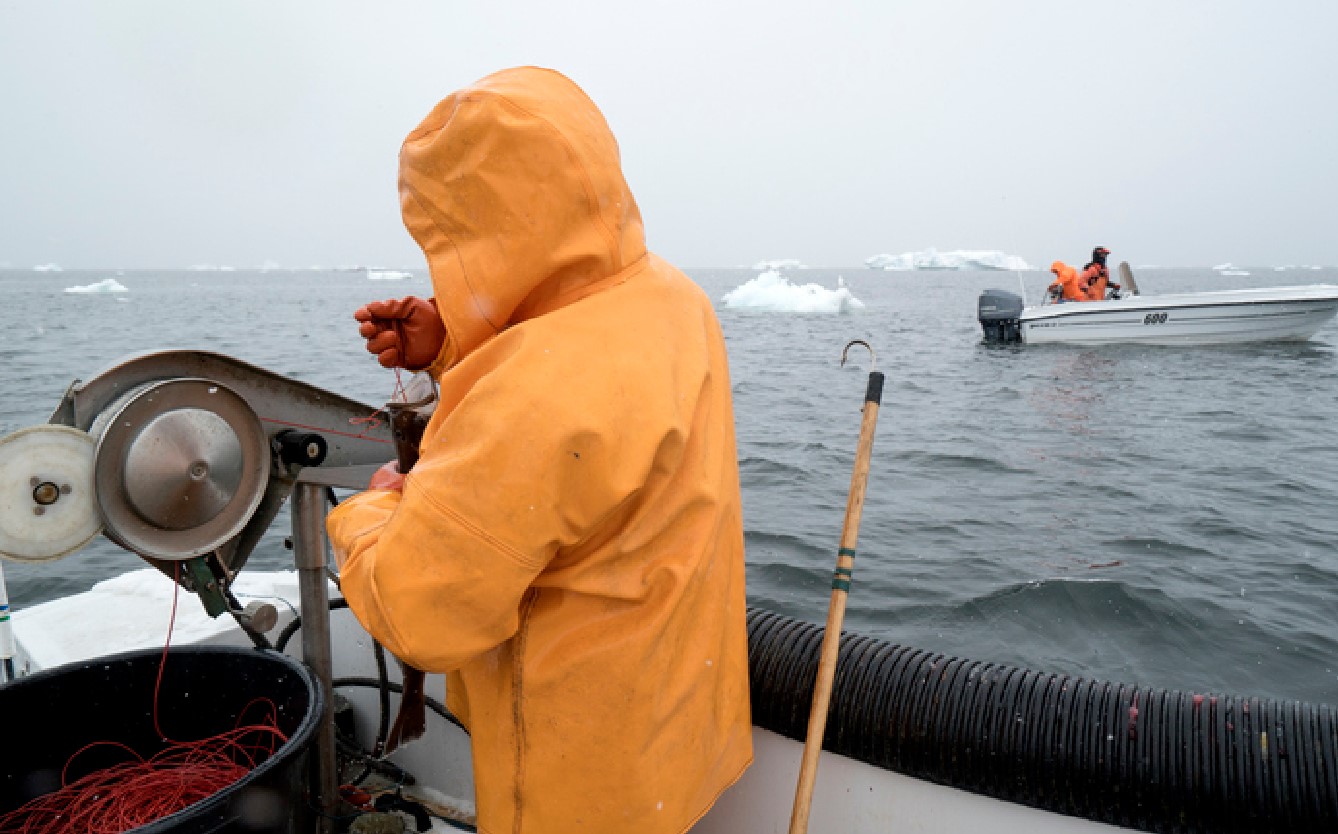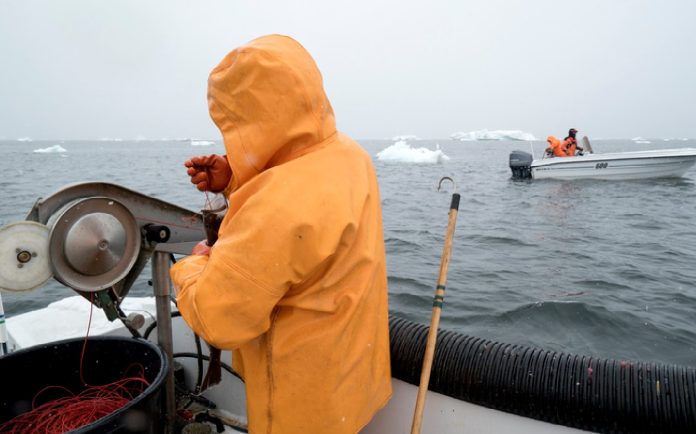[ad_1]
In a world dealing with rising environmental challenges, the preservation and safety of our oceans have turn out to be paramount. Marine salvage, typically missed in discussions about ocean conservation, performs a major position in safeguarding the fragile steadiness of marine ecosystems and stopping additional environmental degradation.
This text delves into the depths of the position that marine salvage operations play in defending our oceans, with a selected deal with the numerous environmental issues that drive their significance.
From mitigating oil spills to preserving delicate coral reefs and using cutting-edge expertise, marine salvage is a multifaceted subject that contributes to the well being and sustainability of our oceans in ways in which may not be instantly obvious.
Understanding Marine Salvage
Marine salvage is the method of rescuing and recovering vessels, cargo, and different beneficial belongings which can be broken or in misery at sea. Salvage operations can vary from easy duties like towing a stranded vessel to complicated endeavors involving the removing of hazardous supplies from sunken ships.
The first purpose of marine salvage is to stop or mitigate environmental harm whereas additionally recovering beneficial assets.
Mitigating Oil Spills
One of the vital environmental issues in marine salvage is the mitigation of oil spills. When vessels sink or run aground, they’ll launch huge quantities of oil into the ocean, posing a extreme menace to marine life and ecosystems. Salvage groups are outfitted to rapidly comprise and take away spilled oil, minimizing its affect on the atmosphere.
- Oil Skimming: Specialised vessels outfitted with oil-skimming expertise are used to take away oil slicks from the water’s floor.
- Oil Containment: Salvage crews deploy booms and limitations to comprise and forestall the unfold of spilled oil.
- Underwater Oil Elimination: Submersible gear can be utilized to entry submerged oil and pump it to the floor for correct disposal.
Wreck Elimination and Habitat Restoration
Sunken vessels can turn out to be hazards to navigation and environmental threats over time. Salvage operations contain the removing of wrecked ships and their cargo from the seabed. This not solely clears navigational routes but additionally restores the pure habitat for marine life.
- Dismantling and Recycling: Salvaged vessels are sometimes dismantled and recycled, decreasing the danger of air pollution from decaying ship supplies.
- Synthetic Reefs: Some ships are deliberately sunk to create synthetic reefs, offering new habitats for marine organisms.
Hazardous Supplies Restoration
Many ships carry hazardous supplies and chemical compounds that pose a major threat to marine ecosystems when they’re launched into the water. Salvage groups are educated to establish, comprise, and take away these hazardous supplies safely.
- Chemical Spill Response: Fast motion is crucial to stop the unfold of hazardous chemical compounds and reduce their affect on marine life.
- Correct Disposal: Salvage specialists be certain that recovered hazardous supplies are disposed of in an environmentally accountable method.
Defending Coral Reefs and Delicate Areas
Coral reefs and different delicate marine ecosystems are simply broken by ship groundings and accidents. Salvage operations close to these areas require particular care and consideration to reduce environmental affect.
- Sensitivity Surveys: Salvage groups conduct surveys to evaluate the potential affect on coral reefs and delicate habitats.
- Use of Ecologically Pleasant Tools: Salvage firms more and more use eco-friendly gear and methods to reduce disturbance to fragile ecosystems.
Salvaging Shipwrecks of Historic Significance
Some shipwrecks should not solely beneficial from an environmental perspective but additionally maintain historic significance. Salvage operations that contain traditionally vital wrecks require a fragile steadiness between preservation and restoration.
- Archaeological Preservation: Salvage specialists work with archaeologists to doc and protect traditionally important wrecks.
- Cultural Heritage: Recovered artifacts and historic data from shipwrecks can present beneficial insights into our maritime historical past.
Prevention by way of Danger Evaluation
Efficient marine salvage goes past responding to accidents; it additionally entails proactive threat evaluation and prevention. By figuring out potential hazards and mitigating them, salvage specialists contribute to a safer and cleaner marine atmosphere.
- Navigational Security: Salvage professionals collaborate with maritime authorities to evaluate navigational dangers and implement security measures.
- Preemptive Planning: Growing salvage and emergency response plans upfront helps scale back the environmental affect of accidents.
Worldwide Laws and Pointers
The worldwide maritime group acknowledges the significance of accountable salvage operations. Varied rules and tips are in place to make sure that salvage actions prioritize environmental safety.
- Worldwide Maritime Group (IMO): The IMO units requirements for salvage operations, together with environmental issues.
- Polluter Pays Precept: Salvage operations are sometimes funded by the accountable get together or their insurers, guaranteeing that those that trigger environmental harm bear the monetary duty.
Collaboration and Expertise Developments
Marine salvage is a collaborative effort that entails the experience of salvage firms, environmental organizations, authorities companies, and expertise innovators. Developments in expertise have considerably improved the power to conduct environmentally pleasant salvage operations.
- Distant Sensing: Excessive-tech sensors and underwater drones help in finding and assessing broken vessels with out bodily disturbing the positioning.
- Information Sharing: Actual-time information sharing permits for fast decision-making and coordination amongst a number of stakeholders.
Public Consciousness and Advocacy
Elevating public consciousness in regards to the significance of marine salvage in safeguarding the oceans is essential. Advocacy efforts can result in elevated help for environmental-friendly salvage practices and insurance policies.
- Academic Initiatives: Faculties, museums, and environmental organizations can play a job in educating the general public about marine salvage and its environmental significance.
- Assist for Sustainable Practices: Encouraging governments and companies to help sustainable salvage practices and put money into analysis and growth.
Conclusion
Marine salvage isn’t just about rescuing ships and cargo; it’s a vital element of safeguarding our oceans and defending marine ecosystems. Accountable salvage operations mitigate the environmental affect of accidents, stop air pollution, and contribute to the general well being of our oceans.
By recognizing the significance of marine salvage in environmental conservation and advocating for its accountable practices, we will guarantee a cleaner and safer future for our seas and marine life.
As we transfer ahead, it’s important to proceed innovating and adapting salvage methods to align with the ever-changing environmental challenges dealing with our oceans. With a collective dedication to accountable salvage practices, we will protect the sweetness and variety of our oceans for generations to come back.
[ad_2]


